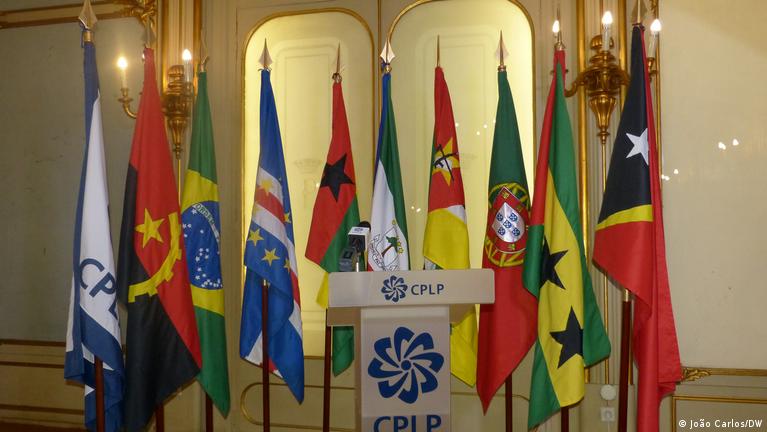
The Ministers of Communications of the Community of Portuguese Speaking Countries (CPLP) implemented the “Digital Agenda”, where together they will establish several principles and practices to serve as “digital strategy guide” for the formulation and implementation of digital initiatives by Member States, as well as their potential to foster networking, articulated between different development sectors in the Community.
Gathered at the XI Meeting of the sector, the ministers warned of the need to identify mechanisms that enable the monitoring of the implementation of the "Digital Agenda for the CPLP", reaffirming the political commitment and implementation in the Member States, promoting the follow-up and monitoring, as well as the strengthening of cooperation in the fields of Cybersecurity, Personal Data Protection and the Space Sector, preparation and future adoption of a “Charter of Rights and Digital Principles of the CPLP”.
According to Manuel Lapão, director of CPLP Cooperation, communications have always occupied a central place in technological trends, being increasingly recognized as crucial to the development process, given the geopolitical and geostrategic nature of the location of Member States, spread across four continents. , with shared ambitions but distinct challenges.
He made it known that international organizations such as the United Nations, the World Bank, the European Commission or the International Telecommunication Union consider Information and Communication Technologies (ICT) as factors for the pursuit of sustainable development and not consequences.
Manuel Lapão explained that communications are positively related to the achievement of social, economic and political goals, as reflected in the 2030 Agenda for Sustainable Development of the United Nations and also in the general objectives of the CPLP.
"The Internet, in particular, has become a critical driver of social and economic change, transforming the way government, business and citizens interact and offering new ways of tackling development challenges.”, stressed the director of CPLP Cooperation.
The same official added that the Internet and associated technologies play an absolutely central role in promoting democracy, political participation, civic involvement, education and knowledge sharing, as well as in promoting trade and economic development. , currently being part of the “basic” or “general purpose” technologies, having characteristics that illustrate its ability to contribute to development.
BUT: CPLP will invest in submarine cables to reinforce communication in the region
The director of CPLP Cooperation classified them as ubiquitous, verifying the use of these technologies in most sectors, where they are in constant evolution, contributing to the reduction of costs for users and improvement of production processes, in addition to being sources of innovation in the evolution itself, as they contribute to the development of new products and processes.
"Communications networks are the core pillars of technologies that are spreading around the world (Artificial Intelligence, Big Data and Over the Top Platforms) and 5G technology seems to assert itself as the technological basis of the emerging society”, pointed out Manuel Lapão.
For the CPLP official, while traditional telecommunications services are threatened by disruptive actors, protagonists who acquire increasing visibility on OTT platforms, connectivity services remain essential for digitization and the emergence of new governance and business models.
Manuel Lapão stressed that all participants recognized the Communications sector as one of the few that gained ground and expression in the context of the Covid-19 pandemic, underlining the fact that its importance has been widely tested, having shown resilience and responsiveness in the long confinement periods.







